Conduct disorder or pathological lying
Pathological Lying: Symptom or Disease?
Mr A was desperate. He was about to lose yet another job, not because he was at risk for being fired, but because his lying behavior had finally boxed him into a corner. He had lied repeatedly to his colleagues, telling them that he had an incurable disease and was receiving palliative treatment. . .
Pathological lying (PL) is a controversial topic. There is, as yet, no consensus in the psychiatric community on its definition, although there is general agreement on its core elements. PL is characterized by a long history (maybe lifelong) of frequent and repeated lying for which no apparent psychological motive or external benefit can be discerned. While ordinary lies are goal-directed and are told to obtain external benefit or to avoid punishment, pathological lies often appear purposeless. In some cases, they might be self-incriminating or damaging, which makes the behavior even more incomprehensible. Despite its relative obscurity, PL has been recognized and written about in the psychiatric literature for more than a century.
The German physician, Anton Delbruck,1 is credited with being the first to describe the concept of PL. He observed that some of his patients told lies that were so abnormal and out of proportion that they deserved a special category. He sub-sequently described the lies as "pseu- dologia phantastica."
Case Vignette
Mr A was desperate. He was about to lose yet another job, not because he was at risk for being fired, but because his lying behavior had finally boxed him into a corner. He had lied repeatedly to his colleagues, telling them that he had an incurable disease and was receiving palliative treatment. Initially, his coworkers treated him with sensitivity and concern, but as the weeks wore on, the scrutiny of his colleagues became increasingly pointed. He had to tell more and more outrageous lies to cover his tracks and justify having a terminal illness. Finally, when the heat became too unbearable, he suddenly stopped going to work. On the face of it, it would seem Mr A told these lies to gain the sympathy of his colleagues, but the consequences of his lying, in terms of emotional distress and potential loss of job, far outweighed any perceived gain. Mr A had lost several other jobs in the past because of his lying, and he was becoming frustrated. Family members reported that he often told blatant lies, and even when confronted, and proved wrong, he still swore they were true. Mr A finally sought psychiatric help after concluding that he could not stop himself from lying.
Mr A had lost several other jobs in the past because of his lying, and he was becoming frustrated. Family members reported that he often told blatant lies, and even when confronted, and proved wrong, he still swore they were true. Mr A finally sought psychiatric help after concluding that he could not stop himself from lying.
This scenario, or similar stories, is not uncommon in clinical practice. Letters I have received from mental health professionals, attorneys, and individuals around the world describe similar characteristics in people they know-excessive lying, easily verifiable to be untrue, mostly unhelpful to the liar in any apparent way, and even possibly harmful to the liar, yet told repeatedly over time. Even prominent and successful individuals are not immune to this behavior-for example, the well-known California case of Judge Patrick Couwenberg, who was removed from office not only for lying in his official capacity but also for lying under oath to a commission investigating his behavior. 2 A psychiatric expert witness diagnosed pseudologia phantastica and suggested that the judge needed treatment. Why such a successful individual would repeatedly tell lies that could damage his credibility and put him in trouble with the law or other administrative bodies is baffling. Was his lying behavior completely within his control, or was there something different about his pattern of lies?
2 A psychiatric expert witness diagnosed pseudologia phantastica and suggested that the judge needed treatment. Why such a successful individual would repeatedly tell lies that could damage his credibility and put him in trouble with the law or other administrative bodies is baffling. Was his lying behavior completely within his control, or was there something different about his pattern of lies?
Lying is a common human trait defined by Merriam-Webster's Collegiate Dictionary as making "an untrue statement with intent to deceive." Selling3 agreed, with an observation that "everyone lies and you can't stop them," and concluded, "of course, that is the truth." PL is commonly referred to as pseudologia phantastica (or pseudologia fantastica) and, less commonly, as mythomania, or morbid lying. It is not yet clear whether these different names refer to the same phenomenon, but they are often used interchangeably. Throughout this article, PL and pseudologia phantastica will be used synonymously.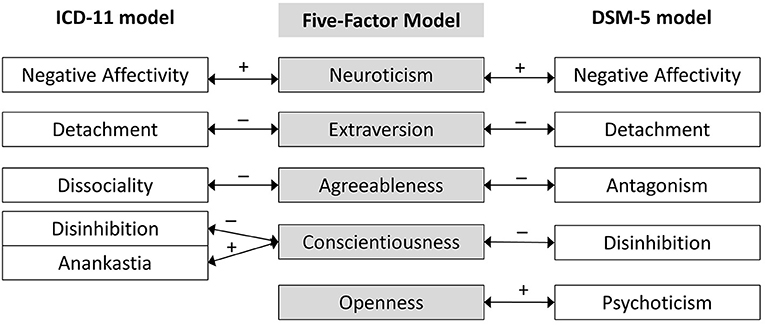
Over the years, very little has been written on the epidemiology of PL. Although its prevalence in the general population is unknown, one study of 1000 repeat juvenile offenders found a prevalence of close to 1%.1 A review of 72 cases reported that the average age at onset of the lying behavior was 16 and the average age at discovery was 22.4 The same review showed the sex ratio to be equal; the intelligence quotient (IQ) to be average or slightly below average, with significantly better verbal IQ than performance IQ; and a history of CNS abnormality in 40% of the cases, characterized by epilepsy, abnormal electroencephalographic findings, head trauma, or CNS infection.
PL is noted for the chronicity and frequency of the lies, and the apparent lack of benefit derived from them. The lies are easily disprovable tales that are often fantastic in nature and may be extensive, elaborate, and complicated. There often appears to be a blurring of the boundaries between fiction and reality. The magnitude, callousness, or consequences of the lying behavior are irrelevant. Even when there appears to be an external motive for the lies in PL, the lies are so out of proportion to the perceived benefit that most people would see them as senseless. Such characteristics of PL have led some researchers to conclude that the lying behavior appears to be a gratification in itself,5 the reward is internal (usually unconscious) to the liar, unlike ordinary lies, for which the expected reward is external.
The magnitude, callousness, or consequences of the lying behavior are irrelevant. Even when there appears to be an external motive for the lies in PL, the lies are so out of proportion to the perceived benefit that most people would see them as senseless. Such characteristics of PL have led some researchers to conclude that the lying behavior appears to be a gratification in itself,5 the reward is internal (usually unconscious) to the liar, unlike ordinary lies, for which the expected reward is external.
Controversy surrounding PL
The debate over the ability of pathological liars to recognize their lies as false has dogged this phenomenon for decades. Integral to the debate is the confusion emanating from questions about a pathological liar's ability to think logically. It has been observed that pathological liars believe their lies to the extent that the belief may be delusional. As a result, PL has been referred to as a "wish psychosis."1 Furthermore, PL has also been described as impulsive and unplanned. 1 These observations have raised doubts about the pathological liar's ability to fully control his or her lying behavior. The relative purposelessness of the lies, including the intangible benefits of false accusations or self-incrimination, and the repetitive nature of the lies, despite negative consequences to the liar's reputation and livelihood, further encourage doubts about the liar's ability to control his behavior. On the other hand, it has been observed that vigorously and persistently challenging pathological liars may lead pathological liars to partially acknowledge their lies, an observation that suggests the presence of logical thinking.6 Such a presentation is consistent with a view of PL as a fantasy lie, a daydream communicated as reality, told solely for the liar's pleasure.5 Although the fantasy lies may help the pathological liar escape from stress-ful life situations, or compensate for developmental traumas, there is evidence that individuals with PL show normal "guilty responses" when lying during a lie-detection test.
1 These observations have raised doubts about the pathological liar's ability to fully control his or her lying behavior. The relative purposelessness of the lies, including the intangible benefits of false accusations or self-incrimination, and the repetitive nature of the lies, despite negative consequences to the liar's reputation and livelihood, further encourage doubts about the liar's ability to control his behavior. On the other hand, it has been observed that vigorously and persistently challenging pathological liars may lead pathological liars to partially acknowledge their lies, an observation that suggests the presence of logical thinking.6 Such a presentation is consistent with a view of PL as a fantasy lie, a daydream communicated as reality, told solely for the liar's pleasure.5 Although the fantasy lies may help the pathological liar escape from stress-ful life situations, or compensate for developmental traumas, there is evidence that individuals with PL show normal "guilty responses" when lying during a lie-detection test. 7 It is perhaps an attempt at guilt reduction that motivates pathological liars to believe their lies, thereby creating a strange form of double bind.
7 It is perhaps an attempt at guilt reduction that motivates pathological liars to believe their lies, thereby creating a strange form of double bind.
The further observation that pathological liars usually have sound judgment in other matters and the observed association of PL with other criminal behavior in approximately half of the cases supports the notion of intact reality testing. The crimes associated with PL include theft, swindling, forgery, and plagiarism.4 It is worth noting, however, that some pathological liars are successful professionals without any public record of crime.
Differential diagnosis
PL should be differentiated from other psychiatric conditions that have been associated with deception. This is complicated because lying behaviors that mimic PL have been described in certain personality disorders and in factitious disorder. The core symptoms of those personality disorders-antisocial, borderline, histrionic, and narcissistic-are often apparent./bipolar-disorder-how-often-do-people-cycle-3788142-c4da3009853b4ee888457dee0727e260.png) For example, the falsifications that may occur in borderline personality disorder (BPD) are not usually of the elaborate, fantastic, or complicated nature seen with PL. Patients with BPD often lack a consistent self-identity, hold contradictory views of themselves that alternate frequently, often make false threats, and are prone to false accusations of maltreatment and/or abandonment. Conversely, pathological liars do not show the intense affective dysregulation or suicidal behaviors that characterize BPD. In antisocial personality disorder, the lies are often for external gain, and there is a history of conduct disorder in childhood, unlike in PL. Furthermore, the lying behavior in PL covers a wider context than in factitious disorder, in which lying is solely for the purpose of assuming a sick role.
For example, the falsifications that may occur in borderline personality disorder (BPD) are not usually of the elaborate, fantastic, or complicated nature seen with PL. Patients with BPD often lack a consistent self-identity, hold contradictory views of themselves that alternate frequently, often make false threats, and are prone to false accusations of maltreatment and/or abandonment. Conversely, pathological liars do not show the intense affective dysregulation or suicidal behaviors that characterize BPD. In antisocial personality disorder, the lies are often for external gain, and there is a history of conduct disorder in childhood, unlike in PL. Furthermore, the lying behavior in PL covers a wider context than in factitious disorder, in which lying is solely for the purpose of assuming a sick role.
Other conditions that could be confused with PL include malingering, Ganser syndrome, and confabulation. The elaborate and complicated fantasies seen in PL do not occur in Ganser syndrome, where the lies are limited to approximate answers, or in confabulation (which may be part of the descriptive symptoms of Wernicke-Korsakoff syndrome), where falsifications are used to cover memory gaps.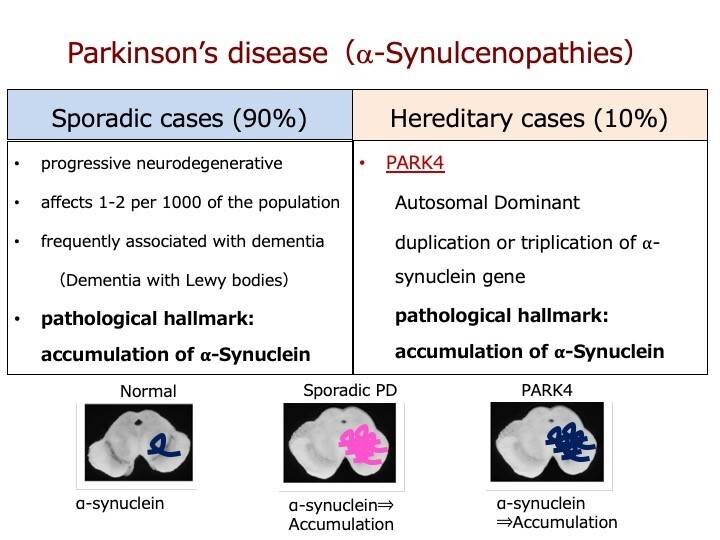 Furthermore, there is no organically derived amnesia in PL as exists in confabulation. The feature that differentiates malingering from PL is the motivation for lying; obvious external incentives alone drive the lies in malingering, unlike in PL, where the motivation to lie is less clear.
Furthermore, there is no organically derived amnesia in PL as exists in confabulation. The feature that differentiates malingering from PL is the motivation for lying; obvious external incentives alone drive the lies in malingering, unlike in PL, where the motivation to lie is less clear.
Delusions should be considered in the differential diagnosis because of controversial propositions that the lies told in PL rise to delusional proportions. Unlike PL, however, delusions are not intentional lies told to deceive, but rather, they are fixed beliefs that happen to be false. The blurring of fact and fiction that occurs in PL is not the same as the absolute conviction that occurs in persons with delusions.
Other diagnostic conundrums
In their seminal report, Healy and Healy1 argued that true PL occurs in the "absence of definite insanity, feeblemindedness, or epilepsy," an opinion that indicates PL is not secondary to another psychiatric disorder. This opinion has not been universally accepted; counter arguments posit that PL is always secondary to a recognizable psychiatric disorder.3 The only mention of PL in DSM is as a non- essential symptom of factitious disorder.
This opinion has not been universally accepted; counter arguments posit that PL is always secondary to a recognizable psychiatric disorder.3 The only mention of PL in DSM is as a non- essential symptom of factitious disorder.
Ironically, lying to assume a sick role is considered important enough to warrant a diagnostic label; but PL, which, like factitious disorder, has an unconscious motive, is not. It is becoming increasingly clear, however, that there are individuals with PL who have no preexisting psychiatric disorder. For example, Judge Couwenberg's psychiatrist expert witness diagnosed pseudologia phantastica. Going back in history, Cleckley8 described the case of a successful and respected man with a doctorate in physics who had pseudologia phantastica in the absence of insanity or psychopathy. Consequently, Dike and colleagues9 have suggested that PL should be categorized as primary PL or secondary PL, depending on the absence or presence, respectively, of a preexisting psychiatric disorder that might be responsible for the lying behavior.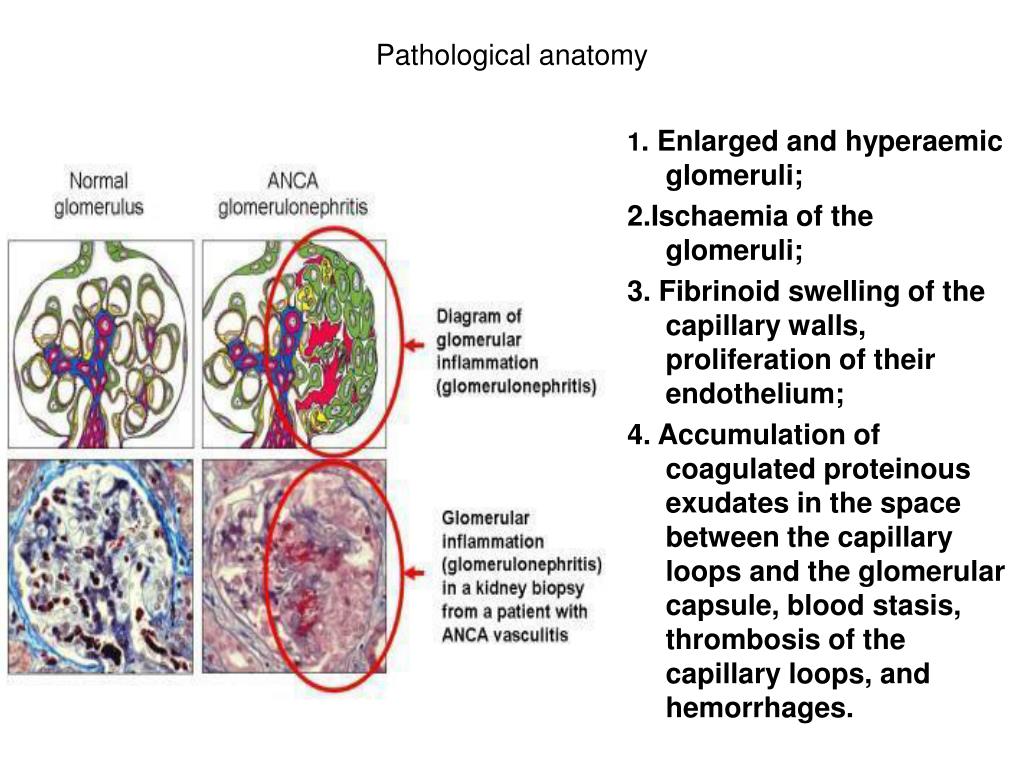
If PL cannot be considered a clinical entity in its own right, could it be seen as a subset of the impulse control disorder spectrum, given the impulsive nature of the lies? Alternatively, does the observation that pathological liars feel compelled to lie repeatedly, or have obsessional falsifications (according to Fenichel10), warrant a consideration of PL as an obsessive-compulsive disorder? A more controversial consideration would be whether there are subtypes of pathological lying that may fit into a special category of delusional disorders- especially in those whose reality testing is suspect. To suggest, however, that PL is a psychotic disorder would seem preposterous to most psychiatrists because individuals exhibiting PL often function well in many spheres of daily living. Although the cause of PL is unknown, there are increasing associations with CNS dysfunction. As noted earlier, 40% of 72 individuals with pseudologia phantastica had a history of CNS abnormalities. 4 In another study, single photon emission CT showed right hemithalamic dysfunction in a patient with pseudologia phantastica.11
4 In another study, single photon emission CT showed right hemithalamic dysfunction in a patient with pseudologia phantastica.11
The most recent study involved the use of structural MRI in 12 individuals identified as "liars."12 The liars group comprised 4 subgroups: malingering group, PL group (PL was defined using the Hare Psychopathy Checklist–Revised), individuals with conning/manipulative behavior, and individuals who met the deceitfulness criteria for DSM IV. The study found a 22% to 26% increase in the prefrontal white matter and a 36% to 42% reduction in prefrontal gray-to-white ratios in the liars group compared with antisocial controls and normal controls. The main flaw of this study was that although half of the liars group had a diagnosis of malingering and only a small number had PL, the liars group was frequently interchanged with the pathological liars as if they were the same. In addition, PL was defined using the Hare Psychopathy Checklist, an indication that the few pathological liars included in the study were those with criminal behavior and psychopathy.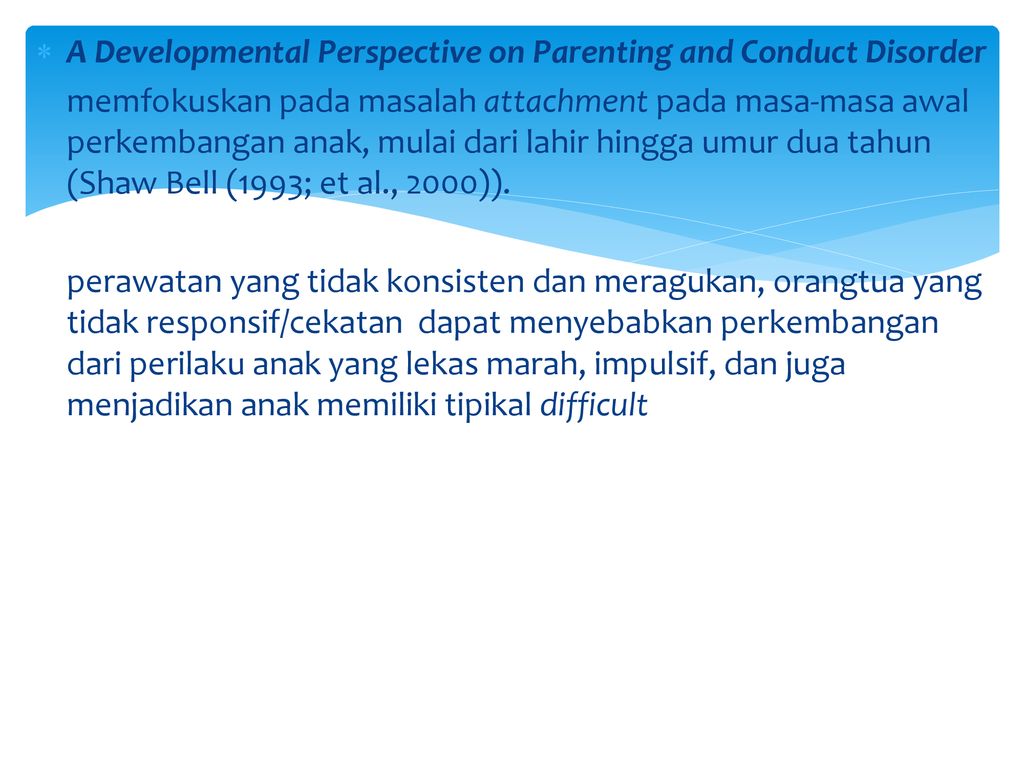
To ascribe observations from this study to PL is therefore problematic and misleading; PL and malingering are different entities, and most pathological liars are not psychopaths. There is no specific psychological test for PL. However, psychological tests would help in elucidating the presence of personality disorders, other major psychiatric illnesses, or malingering. PL has been at the fringes of psychiatric practice for more than a century. It is not surprising, therefore, that it remains ill understood and poorly researched. The increasing interest in the phenomenon in recent years, and the availability of high-tech radiological investigations may reverse this trend and help answer the many questions that have dogged this phenomenon. Despite the fact that psychiatrists are slowly converging on a uniform definition of PL, it remains unclear whether it is a mental disorder or merely behavioral excess. Associated questions involve the treatability of the phenomenon, available treatment modalities, and outcome of treatment.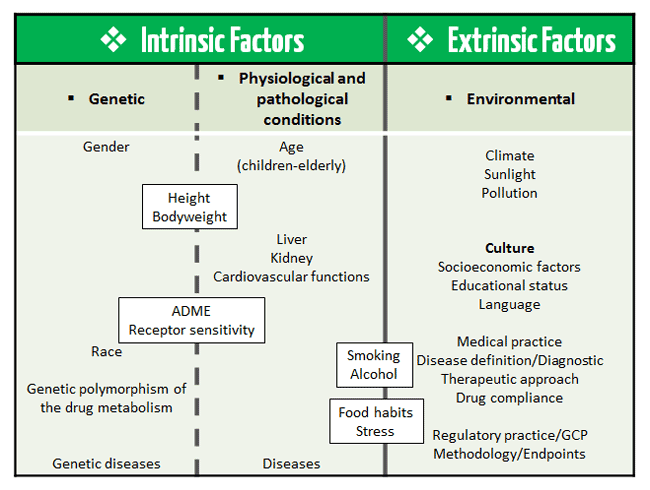 A psychiatrist representing Judge Couwenberg's defense team opined that pseudologia phantastica was treatable with therapy but did not state the basis for his assertion.
A psychiatrist representing Judge Couwenberg's defense team opined that pseudologia phantastica was treatable with therapy but did not state the basis for his assertion.
Treatment
The options available for treating PL have been poorly researched. The treatment modality mainly discussed in the literature is psychotherapy. However, there are no systematic studies on the effectiveness of psychotherapy in treating PL and no discussion of pharmacotherapy or any other types of interventions. It is possible that there may be a subset of pathological liars for whom pharmacotherapeutic options may help in reducing impulsivity or the compulsions associated with the urge to lie. In addition, further investigation of CNS abnormalities may lead to other therapeutic interventions. To fully embark on an exploration of treatment options for PL, however, it should first be recognized as a diagnostic entity. PL currently exists as a common but unessential symptom of factitious disorder. As in other medical or psychiatric conditions, emphasis is usually on the treatment of the condition as a whole and not necessarily the treatment of its individual symptoms.
As in other medical or psychiatric conditions, emphasis is usually on the treatment of the condition as a whole and not necessarily the treatment of its individual symptoms.
Therefore, PL should be recognized as a diagnostic entity to encourage research into its treatment. The possible consequences of PL for the liar are severe. All relationships of the liar are at risk for destruction resulting from lack of trust and credibility. The shame of socially or formally interacting with others in the company of a spouse who lies repeatedly could overwhelm the relationship. In the workplace, as their lying behavior becomes increasingly clear to their colleagues, pathological liars stand the risk of bearing the brunt of rude jokes, being alienated, or being fired. In clinical situations, the therapist has the arduous task of overcoming not only the negative countertransference of treating a habitual liar but also the frustrations of not knowing which of the patient's statements are true.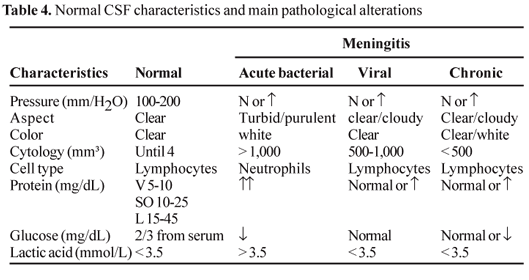
Although most individuals affected with PL may not have cause to seek treatment and may indeed continue to lead highly successful and productive lives, it is not uncommon for their lies to cause them hardship through clashes with the law or other authorities, with resulting adverse consequences. For example, a purposeless false accusation, a recognized presentation of PL, is a criminal behavior for which the pathological liar may be prosecuted. This type of false accusation should be differentiated from false accusations for revenge purposes, or those that may occur in mass hysteria (for example, the Salem witchcraft phenomenon), in which a false idea generates intense anxiety that quickly spreads and may lead to baseless accusations.
Forensic issues
It is perhaps in the forensic psychiatric arena that the need to clearly define PL is most urgent. The immediate question in these settings would revolve around the issue of competency of the pathological liar to stand trial. The criteria for being competent to stand trial include an ability to work collaboratively with one's attorney in order to confront one's accusers. A defendant who lies frequently and repeatedly to his attorney would ultimately confuse the attorney, making it difficult to formulate a sound strategy of defense.
The criteria for being competent to stand trial include an ability to work collaboratively with one's attorney in order to confront one's accusers. A defendant who lies frequently and repeatedly to his attorney would ultimately confuse the attorney, making it difficult to formulate a sound strategy of defense.
Another problem is the risk of the pathological liar being accused of perjury when he gives false testimony under oath. In the case of Judge Couwenberg, the State of California Commission of Judicial Performance noted that he did not have a mental condition that excused or mitigated his behavior. The commission concluded that the mere presence of a symptom without any mental disorder is of little legal consequence.
It is easier to argue that PL is not a delusion than it is to say that pathological liars always have control over their lies. Koppen13 observed that the lie ultimately wins power over the pathological liar, so that mastery of his own lies is lost. In addition, PL has a compulsive or impulsive quality. Would it be feasible to say that in some cases the lying behavior was uncontrollable? Such a conclusion, when combined with recent evidence of possible CNS abnormalities in PL, would raise doubts about the degree of responsibility of pathological liars when their lies lead to criminal behavior.
In addition, PL has a compulsive or impulsive quality. Would it be feasible to say that in some cases the lying behavior was uncontrollable? Such a conclusion, when combined with recent evidence of possible CNS abnormalities in PL, would raise doubts about the degree of responsibility of pathological liars when their lies lead to criminal behavior.
Conclusion
In conclusion, PL is a special form of lying, narrow in its definition and complicated in its presentation. Its apparent rarity may be the consequence of lack of awareness of the phenomenon by clinicians. Unfortunately, it periodically causes significant hardship to the pathological liar. Psychiatrists confronted with pathological liars should complete a thorough clinical evaluation and obtain a longitudinal history of their lies, especially through collateral information from relatives, friends, and employers. In addition to psychotherapeutic treatment, psychiatrists should consider research into the usefulness of pharmacotherapy for impulsivity or compulsive behaviors in these patients.
Disclosures:
Dr Dike is division medical director at Whiting Forensic Services at the Connecticut Valley Hospital in Middletown, and assistant clinical professor in the division of law and psychiatry of the department of psychiatry at Yale University School of Medicine in New Haven, Conn. He reports that he has no conflicts of interest concerning the subject matter of this article.
References:
References
1. Healy W, Healy MT. Pathological Lying, Accusation, and Swindling: A Study in Forensic Psychology. Boston: Little, Brown, and Co; 1915. http://books.google.com/. Accessed May 19, 2008.
2. State of California, Before the Commission on Judicial Performance. Decision and Order Removing Judge Couwenberg from Office, August 15, 2001. http://cjp.ca.gov/CN%20Removals/Couwenberg %208-15-01.pdf. Accessed: May 19, 2008.
3. Selling LS. The psychiatric aspects of the pathological liar. Nerv Child. 1942;1:335-350.
4. King BH, Ford CV. Pseudologia fantastica. Acta Psychiatr Scand. 1988;77:1-6.
Pseudologia fantastica. Acta Psychiatr Scand. 1988;77:1-6.
5. Deutsch H. On the pathological lie (pseudologia phantastica). J Am Acad Psychoanal. 1982;10:369-386.
6. Wiersma D. On pathological lying. Character Pers. 1933;2:48-61.
7. Powell GE, Gudjonsson GH, Mullen P. Application of guilty-knowledge technique in a case of pseudologia fantastica. Pers Individ Dif. 1983;4:141-146.
8. Cleckley H. The Mask of Sanity. 3rd ed. St Louis: Mosby; 1955.
9. Dike CC, Baranoski M, Griffith EE. Pathological lying revisited. J Am Acad Psychiatry Law. 2005;33: 342-349.
10. Fenichel O. The economics of pseudologia phantastica. In: Fenichel H, Rapaport D, eds. The Collected Papers of Otto Fenichel, Second Series. New York: WW Norton and Co; 1954:129-140.
11. Modell JG, Mountz JM, Ford CV. Pathological lying associated with thalamic dysfunction demonstrated by [99mTc] HMPAO SPECT. J Neuropsychiatry Clin Neurosci. 1992;4:442-446.
12. Yang Y, Raine A, Lencz T, et al.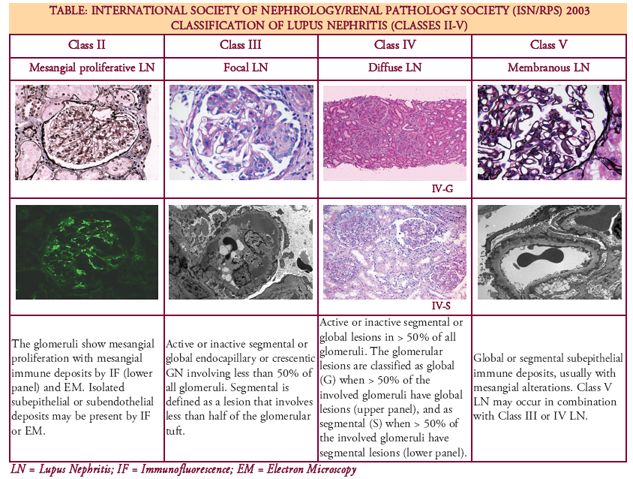 Prefrontal white matter in pathological liars. Br J Psychiatry. 2005;187: 320-325.
Prefrontal white matter in pathological liars. Br J Psychiatry. 2005;187: 320-325.
13. Koppen M. Ueber die pathologische Luge (Pseudo-logia phantastica). Charite-Annalen. 1898;8:674-719. Gault RH, Crossley FB, Garner JW, eds. In: Pathological Lying, Accusation, and Swindling: A Study in Forensic Psychology. Healy W, Healy MT, trans. Montclair, NJ: Patterson Smith; 1969.
Pathological Lying Can Occur with These Mental Disorders
Home > Featured in Mental Health > Pathological Lying Can Occur with These Mental Disorders
By Kristina Robb-Dover
Everyone lies. It’s a part of life, whether for better or for worse. Some people find peace in white lies and don’t feel bad about occasionally avoiding the truth to spare a loved one’s feelings. Others, however, see lying, even major lies, as something completely inconsequential.
Pathological lying goes far beyond the standard lies most people tell. Pathological liars lie about all kinds of things, big and small, for seemingly no reason whatsoever. Individuals with this personality trait may lie about innocuous things, like weekend plans, or larger topics, like past experiences, work, schooling or relationships. This may seem like nothing more than an obnoxious personality trait — and in some cases, it is — but lying to this level can also be a symptom of a larger problem. When narcissistic pathological lying begins to interfere with someone’s personal life or the lives of those around them, it may be time to consider a conversation with a therapist or other trained mental health professional.
Pathological liars lie about all kinds of things, big and small, for seemingly no reason whatsoever. Individuals with this personality trait may lie about innocuous things, like weekend plans, or larger topics, like past experiences, work, schooling or relationships. This may seem like nothing more than an obnoxious personality trait — and in some cases, it is — but lying to this level can also be a symptom of a larger problem. When narcissistic pathological lying begins to interfere with someone’s personal life or the lives of those around them, it may be time to consider a conversation with a therapist or other trained mental health professional.
Defining Pathological Lying
Pathological lying is a behavior pattern in which individuals lie chronically or compulsively. Sometimes referred to as mythomania or pseudologia fantastica, pathological lying generally manifests as lying for lying’s sake. In some cases, individuals may lie to make themselves look better, but in others, they may have no good reason to lie or don’t gain anything from the act of lying.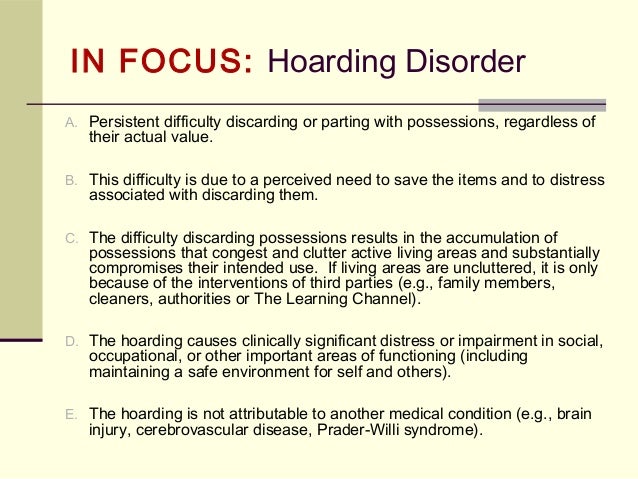 Being friends or family members of a pathological liar can be very frustrating, as it’s hard to tell what’s a lie and what isn’t or when a liar can be trusted.
Being friends or family members of a pathological liar can be very frustrating, as it’s hard to tell what’s a lie and what isn’t or when a liar can be trusted.
There may be biological drivers behind pathological lying. One study found that central nervous system behavior may influence a propensity for lying, and another found evidence of lying due to an imbalance in the hormone-cortisol ratio. However, due to the differences in the nature of lying and the purposes of lying from one individual to another, there’s not always clear logic behind when or why pathological lying occurs.
Mental Health Disorders
Mental health disorders can and do play a role in pathological lying and may be a contributing factor. In many instances, getting a diagnosis can be the first step to addressing chronic lying.
Determining the difference between lying for social or personal reasons and lying due to mental illness can be a challenge. However, there are often differences in the manifestation of lying in those with mental illnesses versus those who lie for other reasons. For example, there are links between mental illness and believing your own lies; liars with other motivations often don’t believe what they’re saying.
For example, there are links between mental illness and believing your own lies; liars with other motivations often don’t believe what they’re saying.
Some of the mental health disorders that cause or contribute to pathological lying include:
- Narcissistic Personality Disorder: Also called NPD, narcissistic personality disorder manifests as arrogant and self-centered behavior with little regard for other people’s feelings. Narcissistic pathological liars may lie for attention, to make themselves feel better, to feel superior to others or to manipulate others for the purposes of self-gain.
- Obsessive Compulsive Disorder: Obsessive compulsive disorder, or OCD, is a mental disorder that features intrusive thoughts and feelings, or obsessions, and a strong urge to perform certain behaviors, or compulsions. In some cases, there are ties between OCD and compulsive lying. Lying can be a true compulsion in a person with OCD experiences, or it can be a negative coping method.

- Anxiety Disorders: Anxiety can manifest in numerous ways, from acute episodes to more generalized anxiety. While pathological lying isn’t a defining feature of anxiety as it is with other disorders, such as NPD, anxiety and compulsive lying can sometimes go hand in hand. People with anxiety disorders may lie to protect themselves from anxiety triggers or to handle things like a fear of rejection.
- Antisocial Personality Disorder: Antisocial personality disorder is a serious diagnosis that often involves manipulation and cruelty toward others for the sake of personal amusement. It is often associated with psychopathy. Those with APD might compulsively lie to manipulate the people around them, hurt others’ feelings or otherwise cause harm.
Other Reasons for Pathological Lying
While pathological lying can be linked to mental health disorders, it isn’t always. There are numerous other reasons why people may lie with abandon, including:
- Insecurity: Some people feel very insecure about who they are and might lie in an effort to make themselves feel better or inflate their own sense of self-worth.
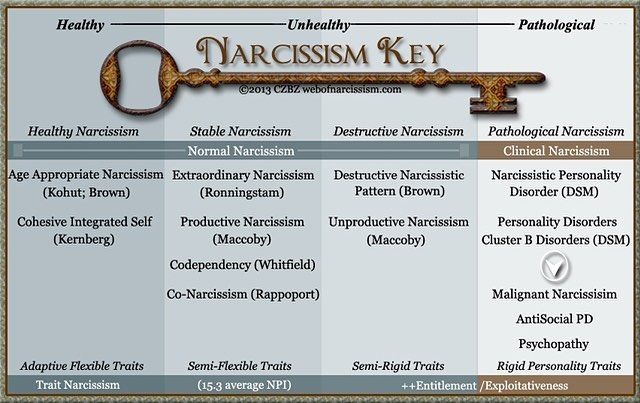 Lying may also be a defense mechanism to prevent ridicule or social exclusion. Lying under these circumstances is often quite transparent.
Lying may also be a defense mechanism to prevent ridicule or social exclusion. Lying under these circumstances is often quite transparent. - Social status: For those who value social status, lying may be a way to maintain a reputation. For example, communities focused on looks or financial status may look down on behaviors they perceive as lesser. Participants in these kinds of communities, like country clubs or prestigious social organizations, may lie to fit in with their desired peers.
- Humor: Though less common than other reasons, some people may lie often because they find it funny. They may not understand the frustrations that come with being lied to or may believe their lies are so egregious that no one would believe them.
- Substance abuse: Many substance abusers have issues with honesty, but this is generally inspired by a desire to hide signs of abuse rather than lying for attention or sympathy.
Pathological lying can seem harmless, albeit annoying, but it may be the sign of a bigger problem. Compulsive lying can be a symptom of a mental health disorder or even substance abuse. If pathological lying is a problem in yourself or others, therapy can be a good place to start in getting to the bottom of an issue. Confronting another person about their lying can be challenging but may be a good way to bring a problem to light. When addressing a friend or loved one’s lying, be prepared with a plan, including examples of lies that have harmed relationships or other life circumstances.
Compulsive lying can be a symptom of a mental health disorder or even substance abuse. If pathological lying is a problem in yourself or others, therapy can be a good place to start in getting to the bottom of an issue. Confronting another person about their lying can be challenging but may be a good way to bring a problem to light. When addressing a friend or loved one’s lying, be prepared with a plan, including examples of lies that have harmed relationships or other life circumstances.
Getting help for mental health issues, including conditions that may lead to pathological lying, can be a critical step. Please contact FHE Health today to learn more about our comprehensive treatment options.
Filed Under: Featured in Mental Health, Behavioral & Mental Health
About Kristina Robb-Dover
Kristina Robb-Dover is a content manager and writer with extensive editing and writing experience... read more
Pathological liars: what makes them lie?
160,909
Man among menKnow thyselfPractices how to
- Photo
- Shutterstock/Fotodom.ru
Will you swear that you will always tell the truth, the whole truth and nothing but the truth? Hardly, like 99.99% of the people in the world. Anyone who claims that he has never lied is clearly disingenuous. However, most can honestly say that they are at least trying not to cheat.
But there is a special category of people for whom lying is a way of life. It is easier for pathological and compulsive liars to make up three boxes than to tell the truth. Why do they do it and how to crack them?
Pseudology fantasy
Pathological lie, mythomania or Pseudologia Fantastica, causes a lot of controversy among psychologists and psychiatrists. Some believe that this is only a symptom of a more complex disorder (for example, borderline personality disorder, sociopathy or narcissism), others are convinced that this is a deviation in itself.
It has been suggested that this is a special form of addiction: a person cheats under the influence of a psychological impulse, like an alcoholic, a smoker or a gambler, in response to specific triggers.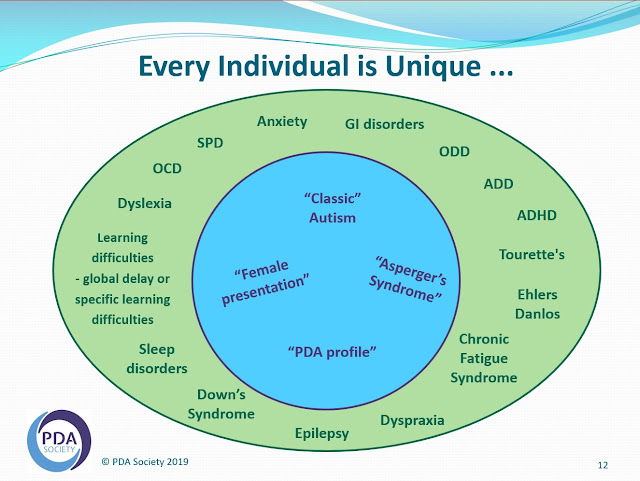 However, the fact remains that some people lie all the time.
However, the fact remains that some people lie all the time.
Their deceit can be called chronic, since it is observed throughout life, or habitual in the sense that it becomes second nature
People of this type always act under the influence of internal motivation, and not external factors. In other words, they lie not so much to avoid the unpleasant consequences of the truth, but for the sake of "sport interest".
Pathological liars are not so easy to recognize, especially on a superficial acquaintance or at the beginning of a relationship. They may seem interesting, intelligent, sociable, charming. Their true face is revealed only with time, and then communication becomes strained. Lying endlessly can destroy friendships, loves, work relationships, and even families.
Pathological and compulsive lying: what is the difference?
Two types of lies have their own characteristics.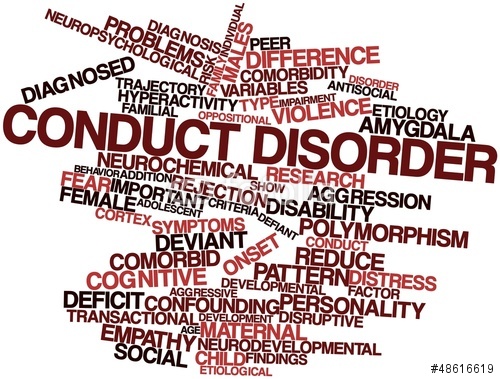 How do you know who you are dealing with?
How do you know who you are dealing with?
Pathological liars:
-
Lie with a specific purpose,
-
invent fantastic stories that can endlessly supplement with new details,
-
They themselves believe everything that the windshots,
-
are nailed when they are suspected when they are suspected in deceit,
-
lie to strengthen their authority,
-
do not blush or feel embarrassed.
Compulsive liars:
-
seriously believe that they are obliged to lie: either because they do not know how to do otherwise, or if it is inconvenient to tell the truth,
-
often lie for no clear reason and without any benefit, 9003
-
make up fables on the go without really thinking about credibility,
-
prefer "holy" lies, which they think others would like to hear,
-
tend to feel someone else's distrust,
-
when they are caught, they confess that they are lying, but continue to fool others.
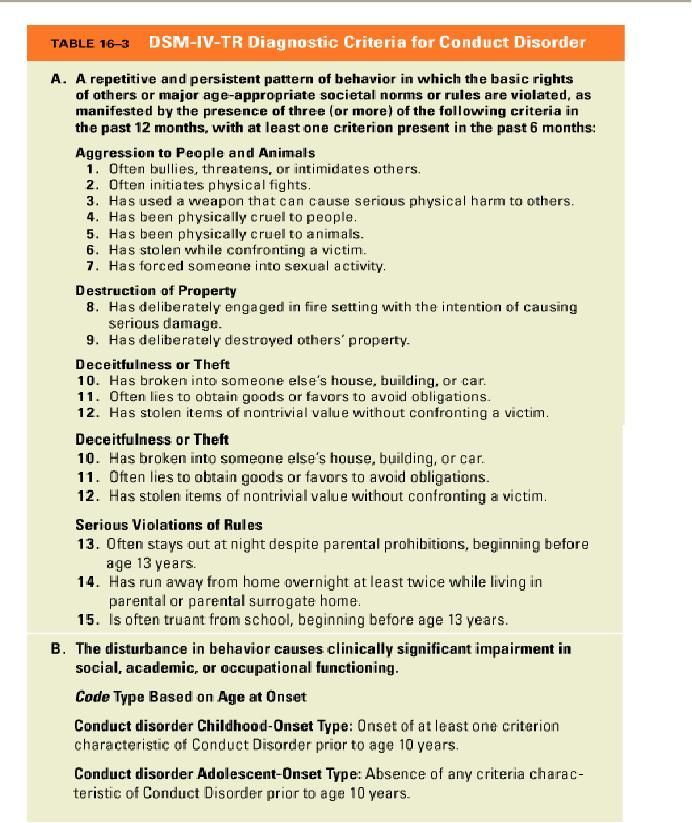
These differences are very conditional, because deceivers easily change masks.
- Photo
- Shutterstock/Fotodom.ru
What caused this behavior?
There is no clear scientific explanation for the tendency to communicate deliberately false information. This behavior is due to many genetic and environmental factors, but this set is unique for everyone. Here are the most common reasons.
1. Personality disorders
As mentioned above, lying at every turn can be a symptom of a mental disorder.
2. Features of the brain
A number of studies point to structural abnormalities in the brains of pathological liars. One such study revealed increased white matter volume in three regions of the prefrontal cortex.
Other authors believe that a persistent tendency to lie is formed as the restraining emotional reaction of the amygdala weakens.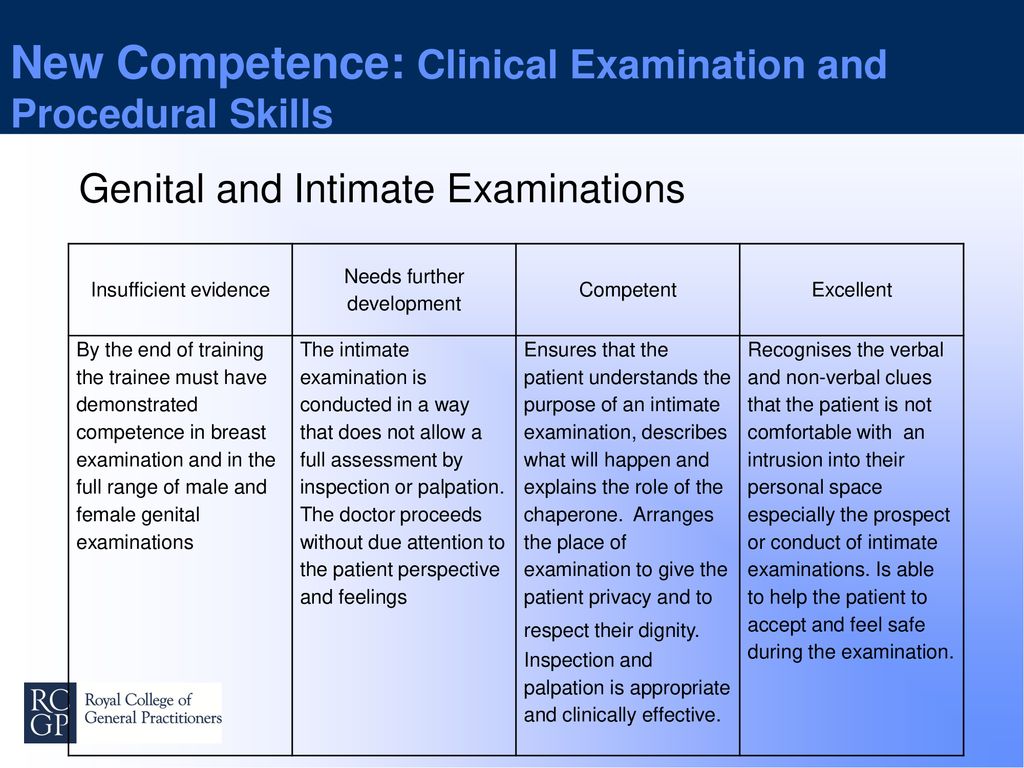 Earlier studies found that 40% of pathological liars had damage to the central nervous system caused by epilepsy, head trauma, or dangerous infections.
Earlier studies found that 40% of pathological liars had damage to the central nervous system caused by epilepsy, head trauma, or dangerous infections.
3. The costs of education
In childhood, we all learn what is good and what is bad. At an early age, a person may lie out of fear of punishment or for profit, and later this becomes an unconditional attitude.
4. Chemical addiction
Drug addicts and alcoholics often use cunning to hide their problem and at the same time swindle money: addictions “turn off” conscience.
5. Other psychological problems
A person who lies frequently may suffer from depression, anxiety, or obsessive-compulsive disorder. Such behavior may be associated with fear, guilt or shame, unwillingness to admit their condition. It is important to understand that not every person with such a diagnosis is a pathological deceiver!
- Photo
- Shutterstock/Fotodom.ru
Signs of pathological and compulsive lying
If you suspect that you are regularly fooled, pay attention to the characteristic signs of lying.
1. The stories of the liars are absolutely unbelievable
If you find yourself shaking your head often, refusing to believe the fables, it seems that you have come across just such a person. Someone tells how they dined with Tom Cruise or set a world record for eating sausages? You are not mistaken.
2. There is a desire to get attention
If someone lies to gain interest, and goes out of his way to prove his own worth, you are a pathological liar. They practice two ways to attract attention: Instead of admitting their mistake or honestly saying that they are in trouble, such people are talking nonsense, just to look sinless.
Make yourself a victim. To enlist the sympathy and support of others, they complain about imaginary misfortunes. Illnesses, death of loved ones, someone's cruelty and other catastrophes in which they allegedly suffered.
Illnesses, death of loved ones, someone's cruelty and other catastrophes in which they allegedly suffered.
3. Liars have low self-esteem
By itself, it does not indicate pathological or compulsive lying, but in combination with other signs, it completes the portrait of a shameless deceiver. Usually low self-esteem is found in compulsive liars: it hides anxiety and insecurity.
4. They should have the last word
Arguing with a pathological liar is like banging your head against a wall. He will give the most ridiculous arguments until you get tired of arguing, just to get out of the fight as a winner. Compulsive liars are easier: they are embarrassed when they are exposed and do not insist on their own.
5. They are extremely resourceful
They manage to invent plausible versions for all occasions with lightning speed, create suitable lies literally out of thin air and present them in a convincing form.
6. They know how to turn everything upside down
If liars feel that they are close to failure, they immediately back up and change the meaning of what was said.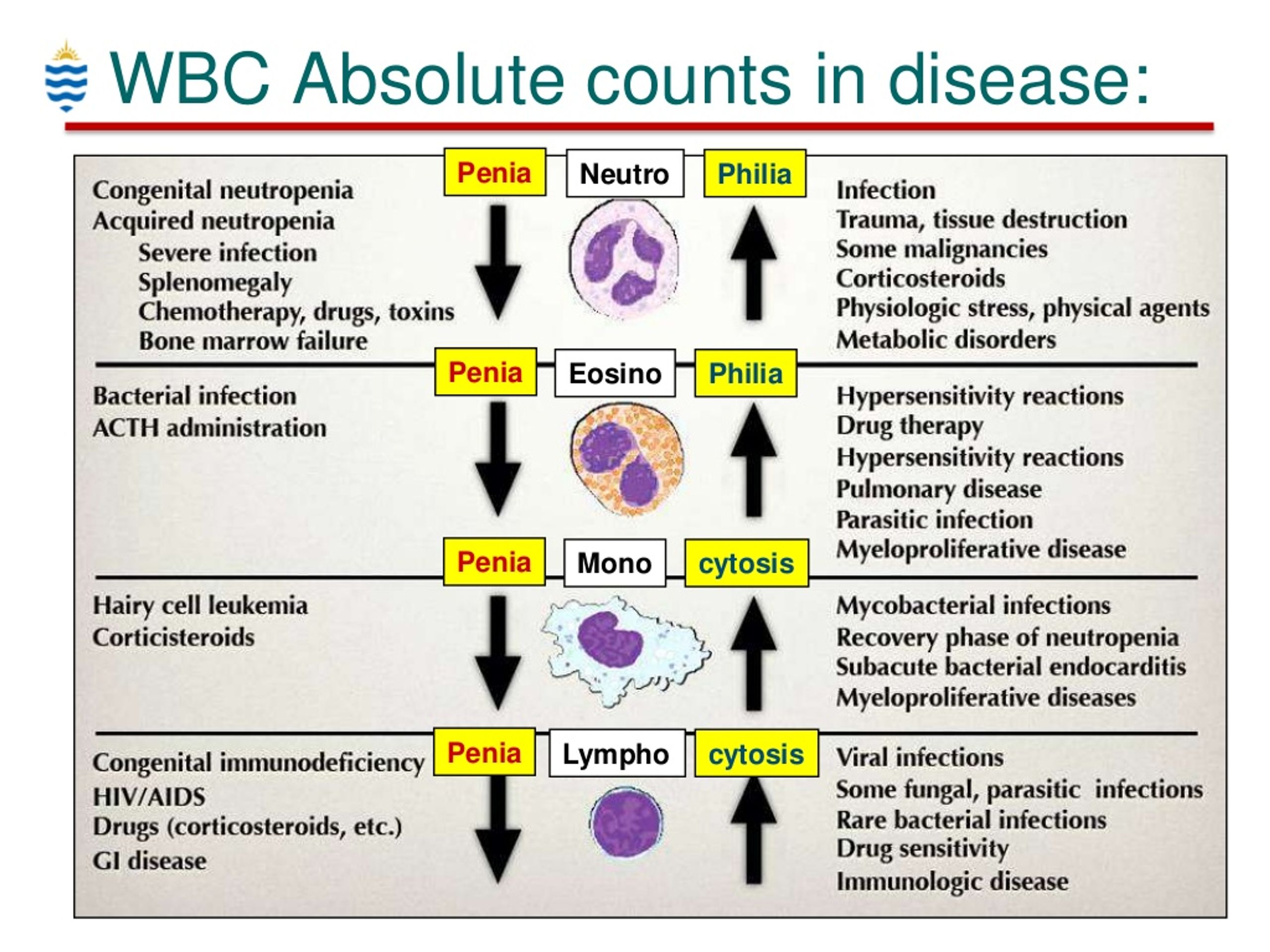 But it is useless to catch them at their word: they will object and say that you misheard or misunderstood.
But it is useless to catch them at their word: they will object and say that you misheard or misunderstood.
7. Their life is chaotic and full of tragedies
They get out as best they can, trying to seem honest, but sooner or later people realize that something is wrong here. Relationships crumble, another job is lost, friends turn away, but the pathological liar is still rushing about in search of simpletons who can be hung noodles on their ears.
8. They do not know how to keep secrets and love to gossip
They are not familiar with the concept of decency: they enthusiastically discuss the details of someone else's life, including intimate ones. Nothing is sacred to them.
- Photo
- Shutterstock/Fotodom.ru
How to behave with them
It would seem that there is nowhere clearer - to stop communicating and delete from life.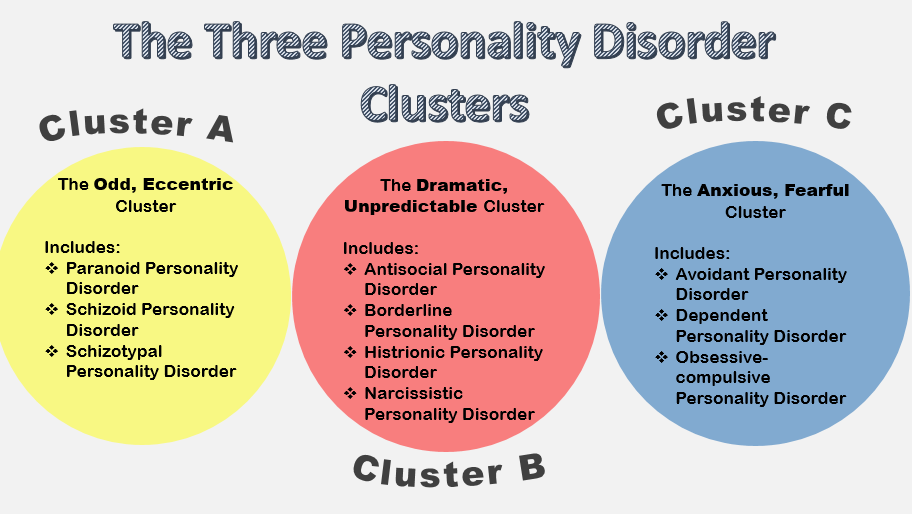 But it's not always easy, and it's not always necessary. Not all deceivers are notorious crooks.
But it's not always easy, and it's not always necessary. Not all deceivers are notorious crooks.
If you are convinced that you have encountered a narcissist or a sociopath, then there is no question: stay away from him, and do not let your conscience torment you. But if someone close to you has serious psychological problems or addiction, you probably shouldn’t say goodbye to them. What to do?
1. To believe… if necessary
To look for a lie in every word is more expensive for yourself. Yes, a person often lies, but still able to be honest. He may be exaggerating, but he's basically telling the truth. At the very least, try to figure out when to trust him and when not.
Do you remember slippery topics, during the discussion of which you often caught your interlocutor in a lie? Or periods of exacerbation, when the propensity to lie became too obvious?
A healthy skepticism doesn't hurt, but if you're not completely sure that everything you've said is a complete lie, why not assume that you're being told the truth? Of course, this does not apply to important issues: here you need to check everything.
A modicum of trust is needed: when a person knows that he will be accused of deceit anyway, why should he be honest? Those who are trusted are more likely to reveal the truth, especially if the lie is associated with guilt or shame.
2. Understand why they lie
We feel bitter when we are deceived, and this is a natural emotional reaction. Critical thinking can help you deal with it. Think: why does a person lie? What drives them? What is the reason?
If you can figure out the motives, a little bit of sympathy will surely appear. Your emotions may not subside immediately, but sooner or later you will calm down and be able to take a sober look at the situation.
3. Accept it as a fact: lies will be repeated more than once
Pathological or compulsive liars do not always control their speech. Therefore, it is wiser to admit that they are like that and you have to live with it somehow. This does not mean forcing yourself to believe tall tales or accepting their behavior as the norm.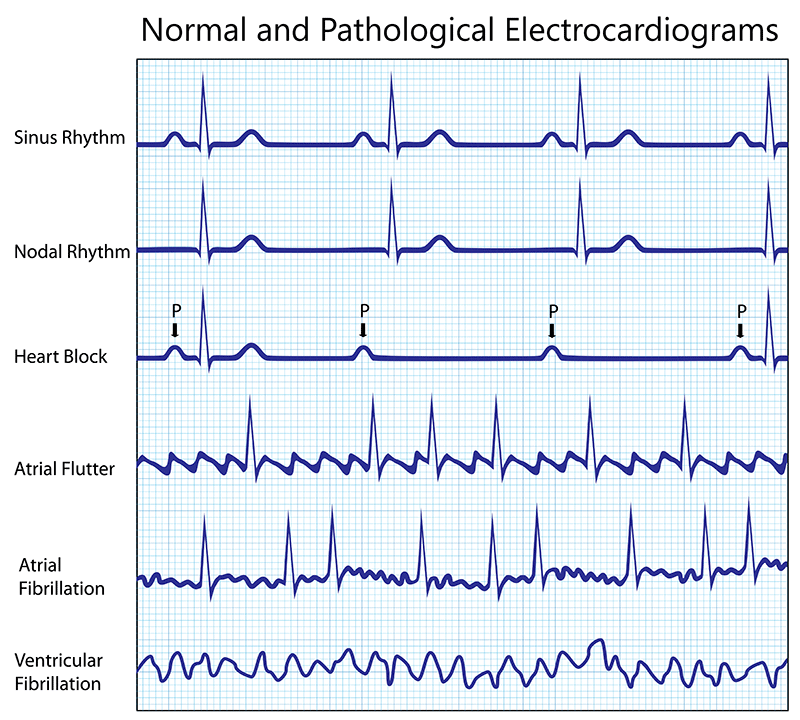 The main thing is to realize that not every lie is said with malicious intent.
The main thing is to realize that not every lie is said with malicious intent.
They can't help but lie. At least not now, given certain circumstances. Of course, no one forbids fighting this, but you yourself will not change anything. Try to look at it philosophically and not take it to heart.
4. Convince them to ask for help
If the interlocutor has developed a tendency to lie relatively recently, you can guess what the matter is (depression, addiction in the initial stage, childhood psychotrauma) and the person is dear to you, try to persuade him to see a psychotherapist.
People who constantly lie are not easy. And yet, do not rush to write them down as scoundrels or malicious manipulators. There are many causes for pathological or compulsive lying, and although this habit harms both those who are lied to and those who lie, it is treatable.
Daniel Levitin "Guide to Lies"
This book will help you recognize lies and process any information critically.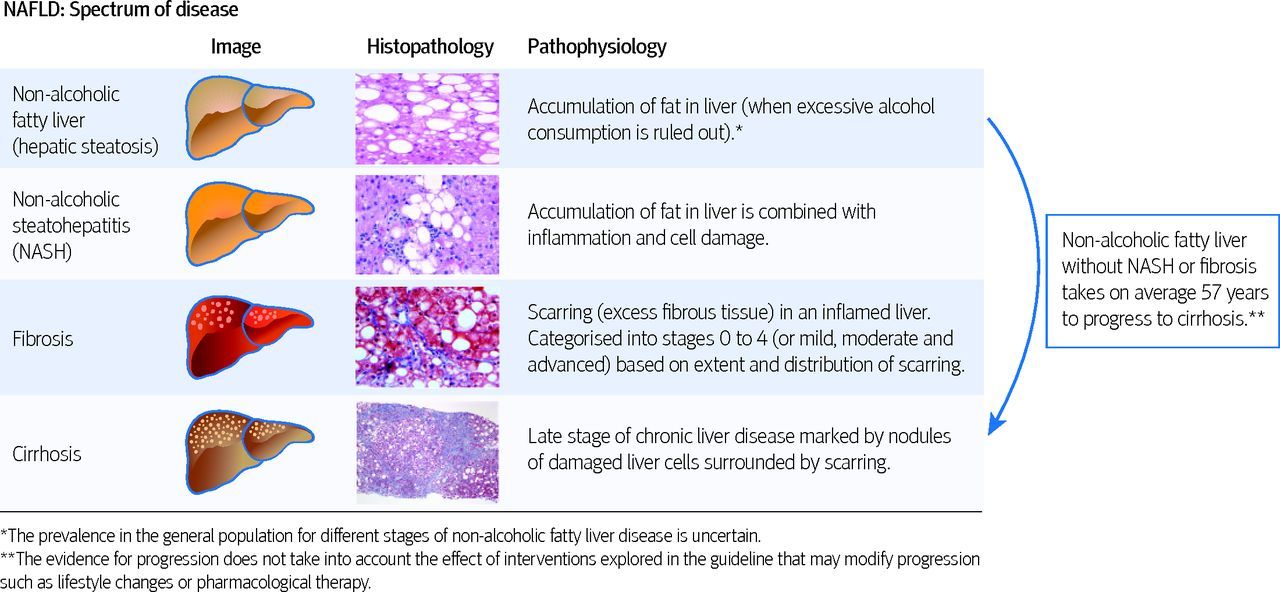 From it you will learn how to critically evaluate news, advertising, reports; it is easy to be persuasive by telling stories that subtly deviate from the facts - and how to recognize such stories; work with graphs and recognize data manipulation using visual means; determine who is behind the expertise, words, website, information.
From it you will learn how to critically evaluate news, advertising, reports; it is easy to be persuasive by telling stories that subtly deviate from the facts - and how to recognize such stories; work with graphs and recognize data manipulation using visual means; determine who is behind the expertise, words, website, information.
Advertising. www.mann-ivanov-ferber.ru
Text: Natalya Spiridonova Photo Source: Shutterstock
New on site
Revolt of neural networks: tech company executives call for suspension of AI experiments due to potential danger
Fat melter boom in social networks: Chinese exercise that will flatten your belly
“Mother-in-law says that I worked up a child, but my husband does not stand up for me and does not help”
How to increase creativity: tips from a Nike marketer
Double standards: why people don't like it when a wife is older than her husband
Manipulative parents: 3 typical tactics
"How to alleviate the symptoms of OCD without a doctor and therapy?"
“The man drank and beat me. Promises to improve if I return. Do you believe him?
Promises to improve if I return. Do you believe him?
Pathological lies: causes, symptoms. consequences
Experts say - a lie does not always mean a bad character, a desire to offend, manipulate. A pathological liar is regarded by experts as a sick person. What is the basis of such behavior, which can lead to serious consequences?
Definition of pseudology
Normally, a person resorts to lies to achieve goals. Pathological deceit is found in people who do not want to benefit, deception in this case is obsessive. There is no motivation. The official medical name for pathology is pseudology. It exists as a separate diagnosis, may be included in the symptom complex of diseases. The most common type of pseudology is Munchausen's syndrome. It lies in the fact that an absolutely healthy person behaves like a sick person. Allocate delegated syndrome and by proxy. Delegated occurs in mothers. Foaming at the mouth, they prove that their child is sick and demand medical assistance. Although in fact the child is absolutely healthy.
Although in fact the child is absolutely healthy.
Reasons for constant lying
The mechanisms of this behavior are not fully understood. Experts identify 9 theories: neglect, childhood abuse, genetic, biological causes, low self-esteem, depression, substance abuse, personality disorders.
Psychiatrists, psychotherapists claim that the causes are not always related to mental health. It can be TBI, organic brain damage. The list of diseases can be quite extensive.
Differences between lies and pseudology
Mythomania allows a person to feel his importance, to attract attention. Each event can be seasoned with lies, enjoying the process.
Main differences:
| pseudology | Plain lies |
| Purpose: none. Lies break into facts | Purpose: hide mistakes, attract attention |
| False stories are overgrown with a lot of details | Mostly to the point, without small details |
| Lies are the meaning of life, everyday, repeated | Mostly isolated cases |
| A person does not always give an account that he is telling a lie. | The liar clearly understands what he is doing, knows the consequences |
In both cases, the revealed lie leads to a deterioration in communication with the person who lied.
Example A man is in despair - he is on the verge of being fired. The reason is lies. He told his colleagues about his non-existent incurable disease. According to him, he is undergoing palliative therapy. At first, colleagues sympathized, helped, cared, showed sensitivity. After a couple of weeks, they began to have doubts. The pathological liar was forced to lie even more. The goal was to close the previous untruth. When he was cornered, the man stopped appearing at the workplace. The consequences of his behavior were emotional distress, dismissal. Relatives say that such behavior is normal for him. Previously, the man was fired from three jobs for the same reason. Relatives try to explain to him and prove him wrong, but this is impossible.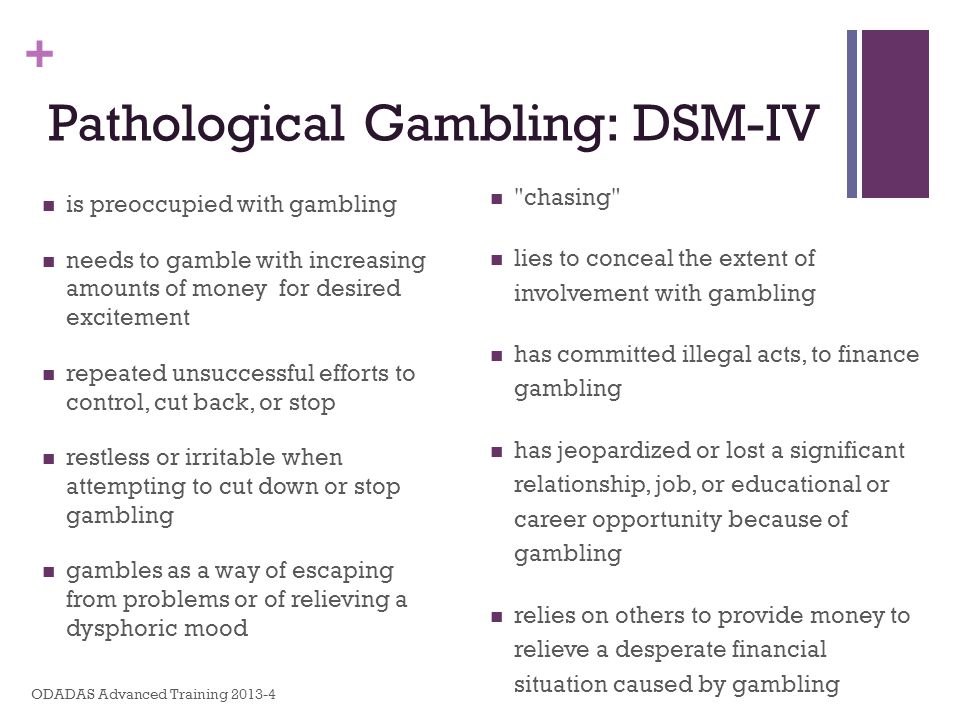 The liar proved his truth.
The liar proved his truth.
Manifestations of pathological lies
Constant lying has a number of pronounced symptoms. Mythomaniacs lie convincingly, a lot and colorfully. They easily manage to convince the interlocutor of the sincerity of their stories. The trouble is that such people do not realize that they are constantly lying.
Clinical manifestations of pseudology can be:
- lie for no apparent reason;
- faith in what was said;
- self-doubt, low self-esteem;
- inability to keep promises;
- exaltation of oneself, praise;
- communication problems.
Important! Experts say that sooner or later lies will be revealed. the desire to communicate with such a person disappears. In the end, he ends up in splendid isolation. Which negatively affects the psyche.
How to live with a person who lies all the time
Living with a chronic liar is not easy.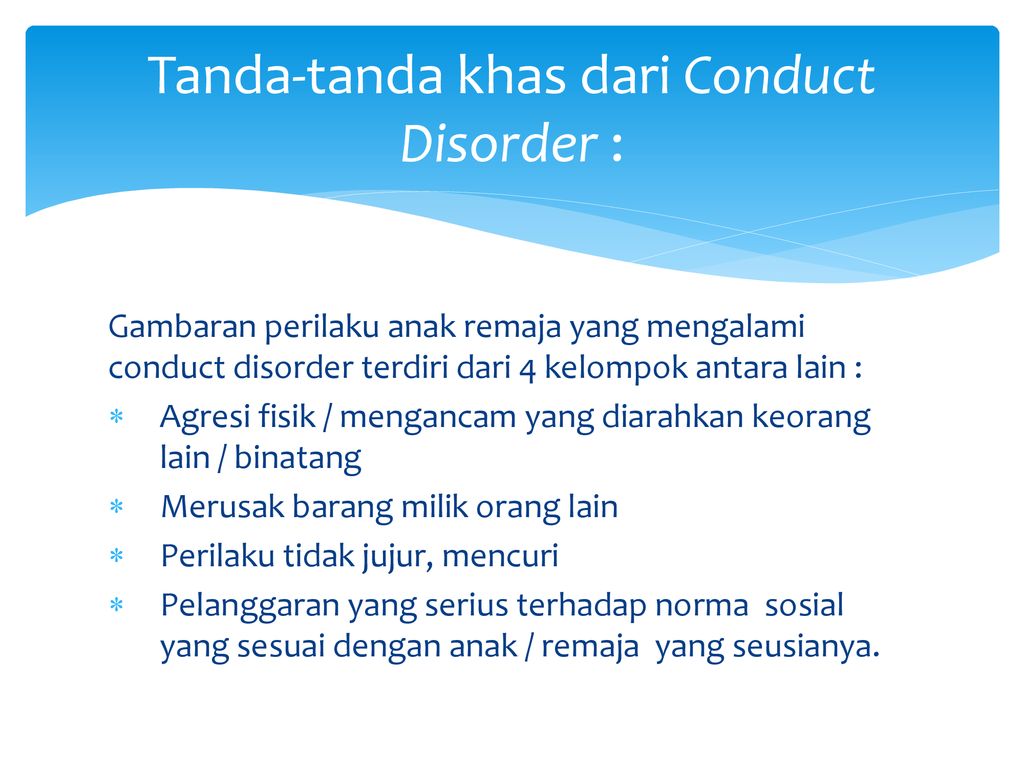 This requires endurance and patience. A chronic liar does not try to harm others. To set up life with such a character, you need to know the basics of lies. With personality disorders, a person is explained that he hurts others, harms, will lead to a break in relationships. The reaction to a lie should not be violent, negative. Quite the contrary - calm.
This requires endurance and patience. A chronic liar does not try to harm others. To set up life with such a character, you need to know the basics of lies. With personality disorders, a person is explained that he hurts others, harms, will lead to a break in relationships. The reaction to a lie should not be violent, negative. Quite the contrary - calm.
In cases of the birth of a lie due to an organic brain lesion, it will be difficult for a person to understand the essence of the claims, and will not be able to give feedback. In this case, hospitalization, drug treatment is indicated.
Relatives should not be indulged in the pathological lies of an adult. A pathological liar must understand that there will be no concessions for his behavior. It shouldn't be ignored either. There is no corresponding response, no incentive to improve.
Sign up for an online consultation if you notice that there is a pathological liar in your environment. Our psychologists will help to cope with this problem, provide psychological support to loved ones, and draw up a plan for further action.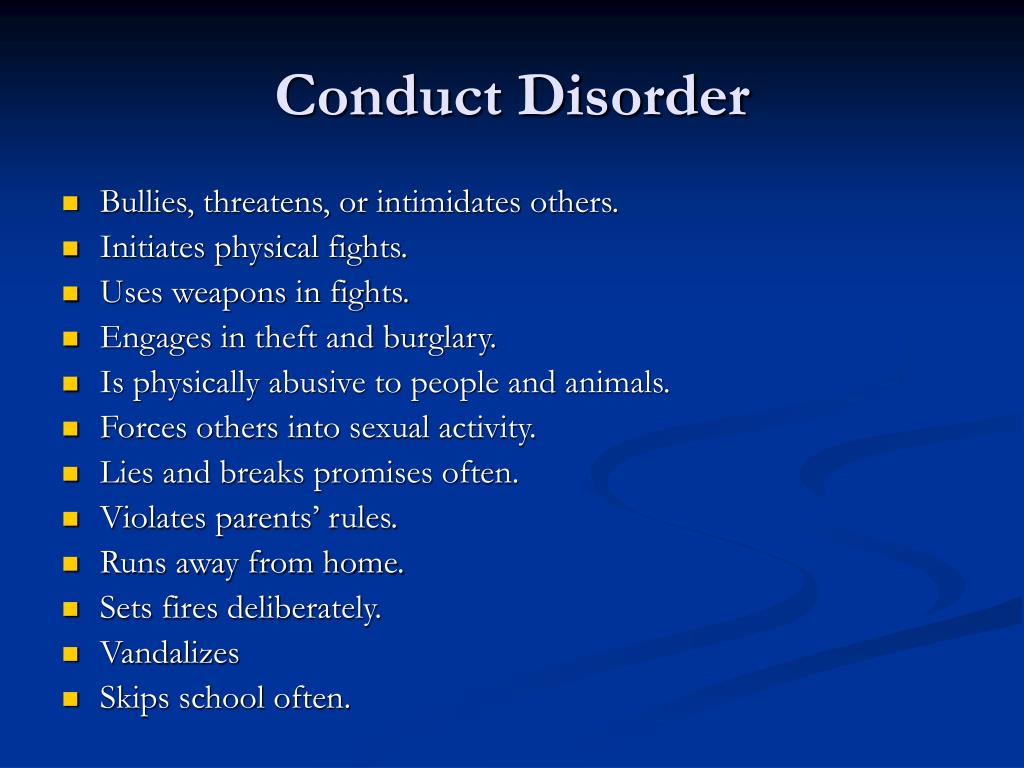 Our experts are ready to answer questions at any time of the day.
Our experts are ready to answer questions at any time of the day.
Recognize lies by non-verbal cues
If a person knows how to control his voice, then body language, facial expressions remain uncontrolled. There are a number of signs in cases where a person is constantly lying. It is the unconscious that will give it away. What to pay attention to?
Obvious signs of deception:
- muscle clamps. It looks something like this: when talking, a potential liar begins to swing one arm strongly, while the other is pressed against the body. It is possible to increase the timbre of the voice to a screech;
- the depth and frequency of breathing are accelerated;
- the person blinks frequently;
- dry mouth, sweating;
- aggression;
- theatrical movements;
- the desire to straighten a shirt, unbutton buttons, loosen a tie.
It is equally important to remember that when evaluating a liar, they look at a combination of factors: the situation, the correspondence of words, facial expressions, movements, postures.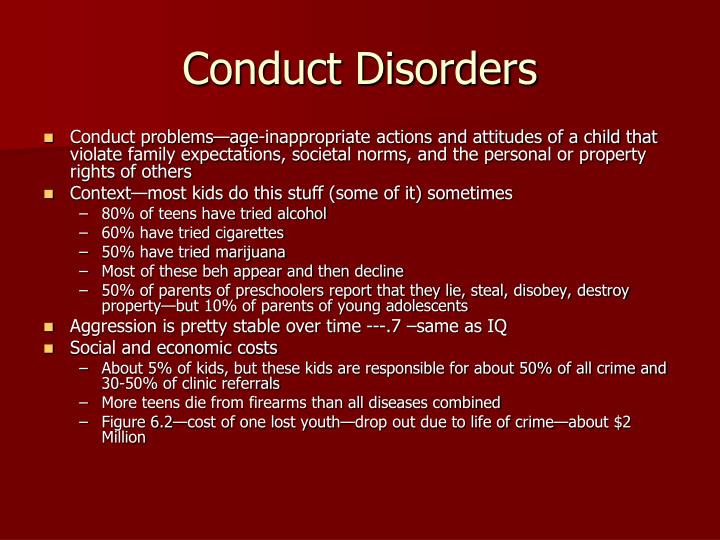
FAQ
What is the psychology of a person who lies constantly?
+
If a person lies all the time, this is considered a pathology. There are many underlying reasons. It can be mental illness, a desire to exalt oneself, to pay attention. Quite often, the patient is not aware of his lie, believing in it sacredly.
Is there a concept of "lying syndrome"?
+
This is understood as Munchausen's syndrome. When a person is lying, telling tall tales or acting like a sick person. This state is characterized by embellishment in colors of either past events or fictional ones.
Can a potential liar lie to the eye?
+
Of course, that's usually what happens. Recognizing pathological lies is sometimes quite difficult, as a person sounds convincing. In this case, asking leading questions, you can understand who is in front of you.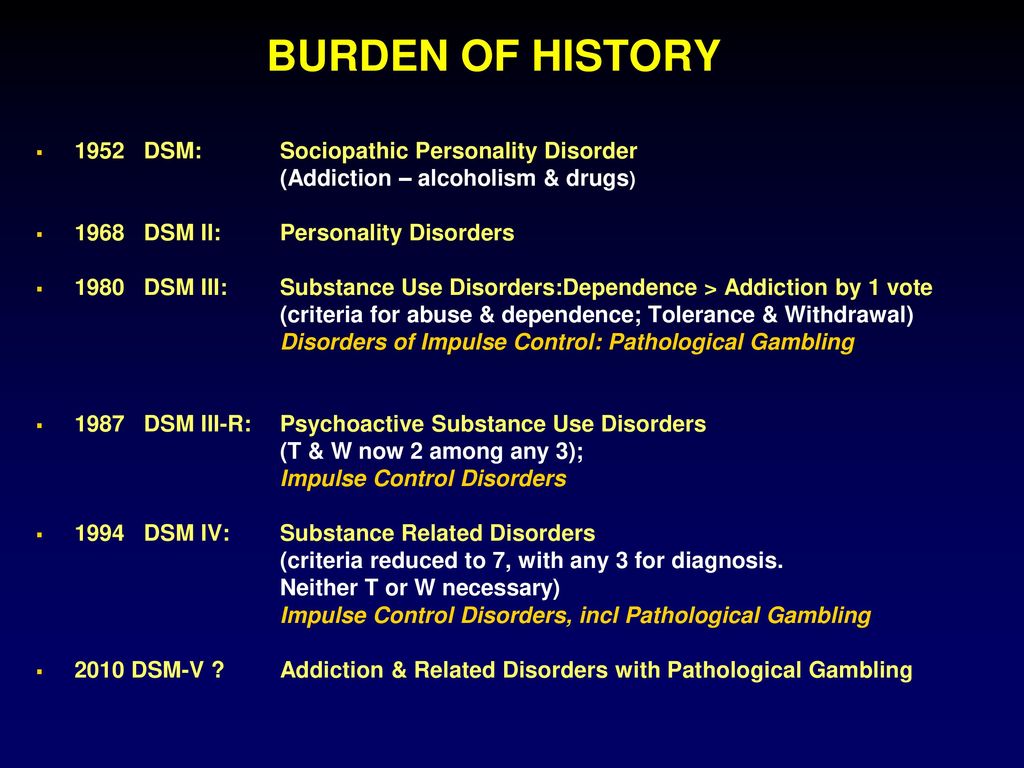
Why, when a person lies, does he continue to invent fables?
+
It is a natural desire to hide one lie with another. The deceiver understands that he needs to somehow get out and begins to lie even more. Thus burying himself with his head.
Expert opinion
For a constantly lying person, life becomes a continuous overcoming of obstacles. The reasons for this behavior are varied. It is difficult to identify a pathological liar right away. To do this, just watch him, the dissonance of words, physiognomy, body language. Several leading questions can be asked. Those close to such a person need to be patient and not indulge in lies. If necessary, seek help from specialists.
We publish only verified information
Article author
Monakhova Albina Petrovna clinical psychologist
Experience 17 years
Consultations 1439
Articles 341
Specialist in clinical psychology.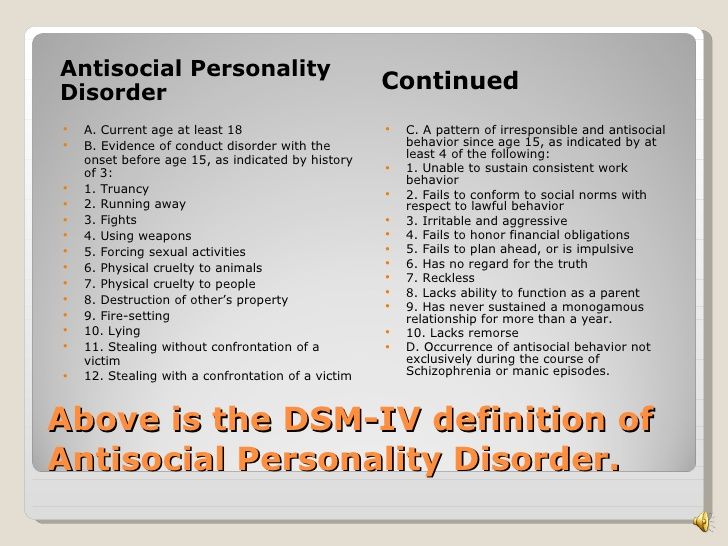
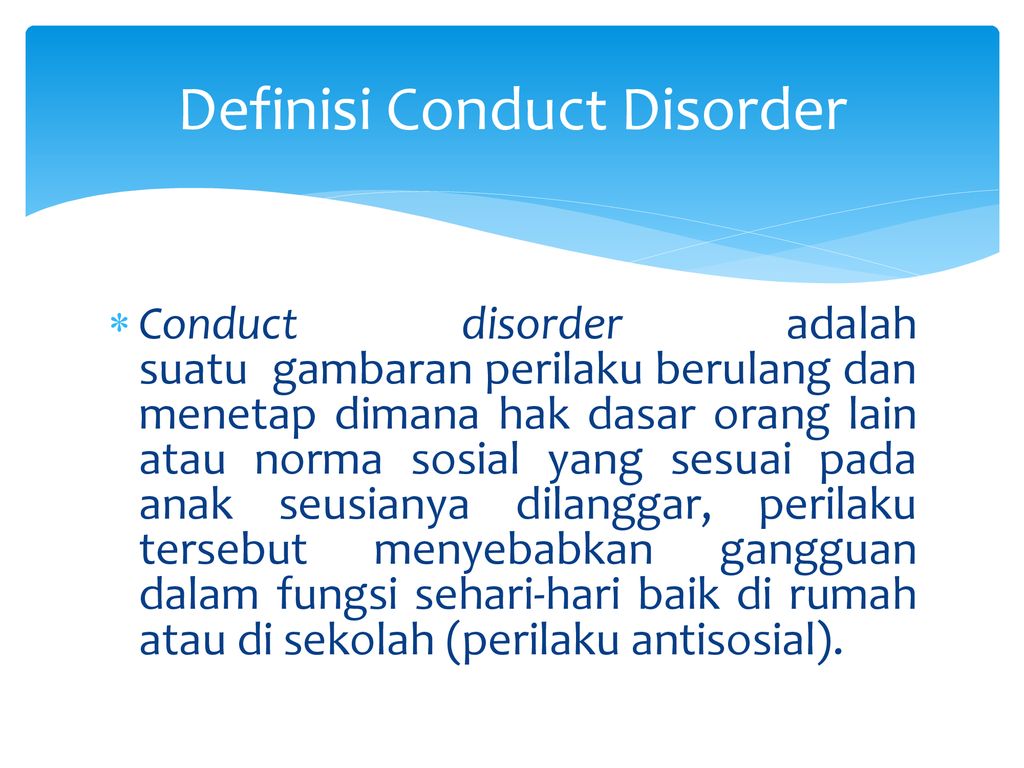 found in pathologies
found in pathologies 













